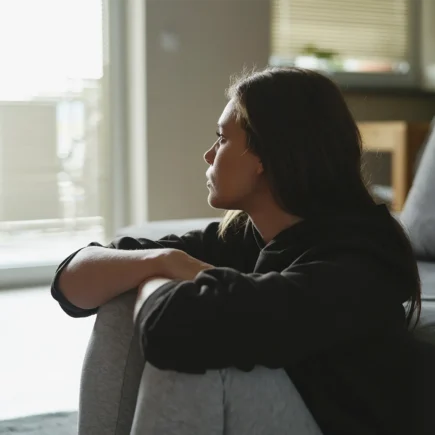Indigenous Justice Strategy
The Métis-specific justice strategy seeks to address the unique experiences of Métis women, girls, and 2SLGBTQQIA+ kin by promoting culturally informed justice reforms. Through engagement sessions and supports like Métis Gladue writers and restorative justice practices, the strategy aims to foster healing, reconciliation, and equitable treatment.

The development of a Métis-specific justice strategy is a critical step in addressing the unique challenges faced by Métis women, girls, and 2SLGBTQQIA+ kin.
In 2023, Les Femmes Michif Otipemisiwak (LFMO) hosted five engagement sessions across the Métis Motherland, inviting participants to share their lived experiences, ideas, and perspectives. These sessions aimed to raise awareness of individual and collective rights, inform the Department of Justice Indigenous-led Justice Strategy, and develop culturally appropriate action plans tailored to the needs of Métis people.
With a focus on culturally relevant supports—such as Métis Gladue writers, elder involvement, and restorative justice practices—the strategy highlights the importance of healing, reconciliation, and equitable treatment. The final report offers Métis-specific recommendations with special consideration for the needs of Métis women, girls, and 2SLGBTQQIA+ kin, ensuring their voices and traditions shape justice reform efforts.
In 2023, we invited Métis women, girls, and gender-diverse individuals from across the Métis Motherland to share their experiences, ideas, and perspectives through participation in one of five engagement sessions.
The themes of these engagement sessions included supporting traditional Indigenous justice systems and advocating for reforms to the existing Canadian justice system to reduce the over-representation and systemic discrimination of Indigenous peoples.

Participants expressed concerns about the justice system’s mishandling of Indigenous cultural practices, such as improper vetting of Elders, and called for Elders to be recommended by communities, with training provided to prevent re-traumatization.
Participants highlighted issues of objectification, sexualization, and tokenization that led to mistreatment, while calling for changes to the security risk classification system and more public education on Indigenous laws to support court workers and reduce system strain.
Related Resources
The following resources are associated with this project. Click ‘View All’ to explore our Resource Library.
